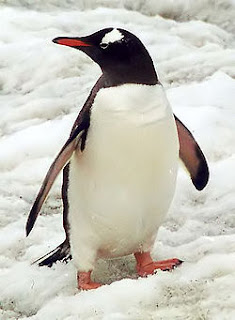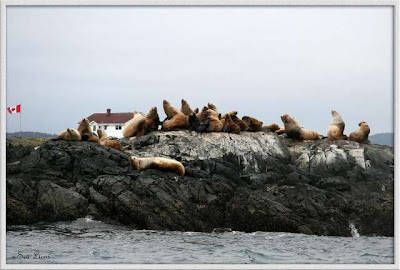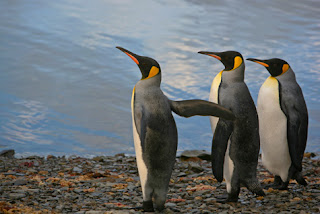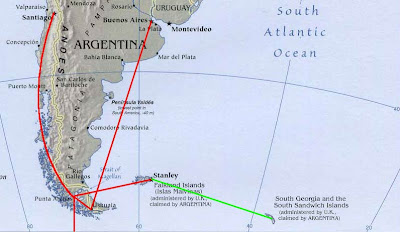 |
| Gentoo penguins, nesting (from Lucy's website -- see below) |
Marybeth, a mother of a college student and step-mom to three other adults, told me this long ago: "The trouble with a Pity Party is, there's nobody to pour the punch."
Took me a while to figure out what she was saying. But I think I finally did: Feeling sorry for myself is a lonely occupation, and it's not fun, either.
So I made a decision to avoid accepting any more invitations to Pity Parties.
The best tool that I found for preventing the invitations from arriving (as well as declining to attend) is to do something for someone else. Marybeth found the simplest form of that activity: Give a smile to someone who hasn't done anything to "deserve it." On the day she discovered this technique, she also commented, "It might be the only smile they get today!"
Working with AIDS orphans and their caregiving grandparents in Namibia kept another friend, Lucy, on an exuberant path over the past decade, where she constantly witnessed the heroic acts of ordinary people who tackle the impossible, one day at a time. (She contributed often, too. Here's her
website; the blog gives more details.)
There are less costly routes to "helping out" than going to Africa, of course. Penguins can be part of the picture. Here's a note from a Scottish correspondent:
Nice to be included in all this penguin talk. Thank you! I support Falklands Conservation:
http://www.falklandsconservation.com
who do lots of good work with the wildlife in the oh so wonderful Falklands (where we have visited twice). My knowledge on penguins is not that wide, but I sure do love those cute feathery birds and have been VERY lucky enough to see them in the wild in the Falklands, South Georgia, Antarctica, New Zealand, south Africa and Australia.
Yesterday's map shows the Falkland Islands, lying between South Georgia Island and the tip of South America (pretty close indeed to Antarctica!). I checked out the donation process on the Falklands Conservation site -- it's not quite as simple as the one for South Georgia, but if you get a kick out of donating in British currency, go for it! I think adopting a penguin on this site will be a tool I use to stay positive, too. Every little bit helps, as we all struggle to bring climate change and its effects under contol.
Falklands Conservation is bettering the lives of many kinds of wildlife, including sea lions, penguins, and rock hoppers. Here's an image of Southern sea lions, from the
Prince of Whales blog. Quite a party -- who's got the punch and cookies? Or ... err ... fish?






